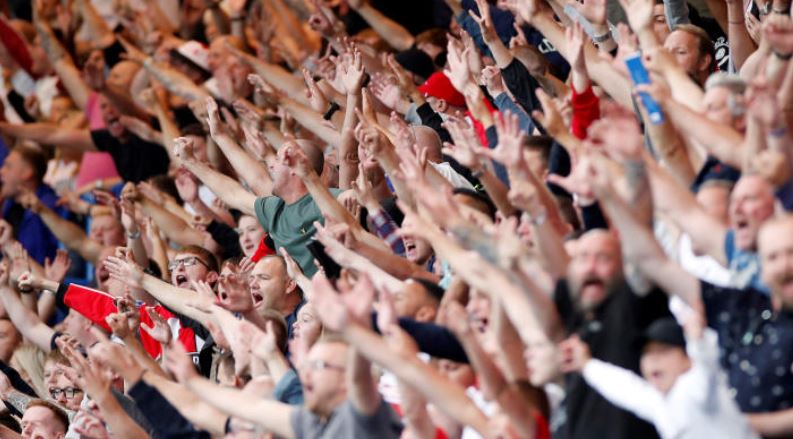×
The Standard e-Paper
Join Thousands Daily

On a bright lunchtime in early October 2018, Arsenal came to picturesque Craven Cottage.
After their hosts Fulham had equalised through Andre Schurrle, a World Cup winner, the guests went ahead and dazzled, winning 5-1.